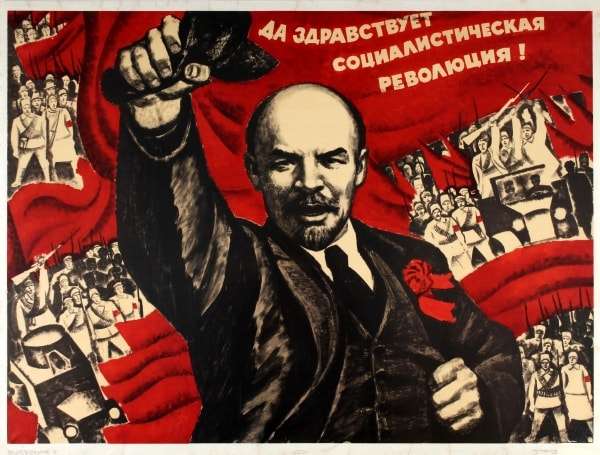The Volokh Conspiracy
Mostly law professors | Sometimes contrarian | Often libertarian | Always independent
Victims of Communism Day 2017

Today is May Day. Since 2007, I have defended the idea of using this date as an international Victims of Communism Day. I outlined the rationale for this proposal (which was not my original idea) in my very first post on the subject:
May Day began as a holiday for socialists and labor union activists, not just communists. But over time, the date was taken over by the Soviet Union and other communist regimes and used as a propaganda tool to prop up their [authority]. I suggest that we instead use it as a day to commemorate those regimes' millions of victims. The authoritative Black Book of Communism estimates the total at 80 to 100 million dead, greater than that caused by all other twentieth century tyrannies combined. We appropriately have a Holocaust Memorial Day. It is equally appropriate to commemorate the victims of the twentieth century's other great totalitarian tyranny. And May Day is the most fitting day to do so….
Our comparative neglect of communist crimes has serious costs. Victims of Communism Day can serve the dual purpose of appropriately commemorating the millions of victims, and diminishing the likelihood that such atrocities will recur. Just as Holocaust Memorial Day and other similar events help sensitize us to the dangers of racism, anti-Semitism, and radical nationalism, so Victims of Communism Day can increase awareness of the dangers of left-wing forms of totalitarianism, and government control of the economy and civil society.
This year is a particularly important time to remember the victims of Communism because of the approaching one hundredth anniversary of the October Revolution - Bolshevik takeover of Russia. The Soviet Union was not the most oppressive communist regime. It probably did not match the even more thoroughgoing totalitarianism of the Khmer Rouge and North Korea. Nor did it kill the most people - a record held by Mao Zedong and the Chinese communists. But the Soviet experiment was the principal model for all the later communist states, and it is hard to imagine communists seizing control of so much of the world without it. In addition to the significant material aid that the Soviets provided to communists in other nations, the communist seizure of power in Russia also greatly boosted the ideology's prospects elsewhere.
To this day, some claim that Soviet communism was originally a positive development and only went bad later, after Joseph Stalin came to power. But Stalin's crimes were largely extensions of the earlier practices of Lenin. And it is unlikely that things would have gone better if Stalin had lost out to Leon Trotsky, his principal rival in the struggle for power. In some ways, Trotsky's agenda was even worse than Stalin's.
As British scholar Tony Brenton and other leading historians show in an important recent book, the rise of communism in Russia was very much an avoidable tragedy, and far from inevitable. Hopefully, we can learn from its history and find ways to reduce the risk of similar atrocities in the future.
In a 2012 post, I explained why May 1 is a better date for Victims of Communism Day than the available alternatives, such as November 7 (the anniversary of the Bolshevik seizure of power in Russia) and August 23 (the anniversary of the Nazi-Soviet Pact). I also addressed various possible objections to May Day, including claims that the date should be reserved for the celebration of labor unions.
But, as I emphasized in my 2013 May Day post, I would be happy to support a different date if it turns out to be easier to build a consensus around it. If another date is chosen, I would prefer November 7 - not out of any desire to diminish the significance of communist atrocities in other nations, but because of the special role of Russia in the history of communism.
NOTE: Some parts of this post were adapted from last year's Victims of Communism Day post.


Show Comments (0)